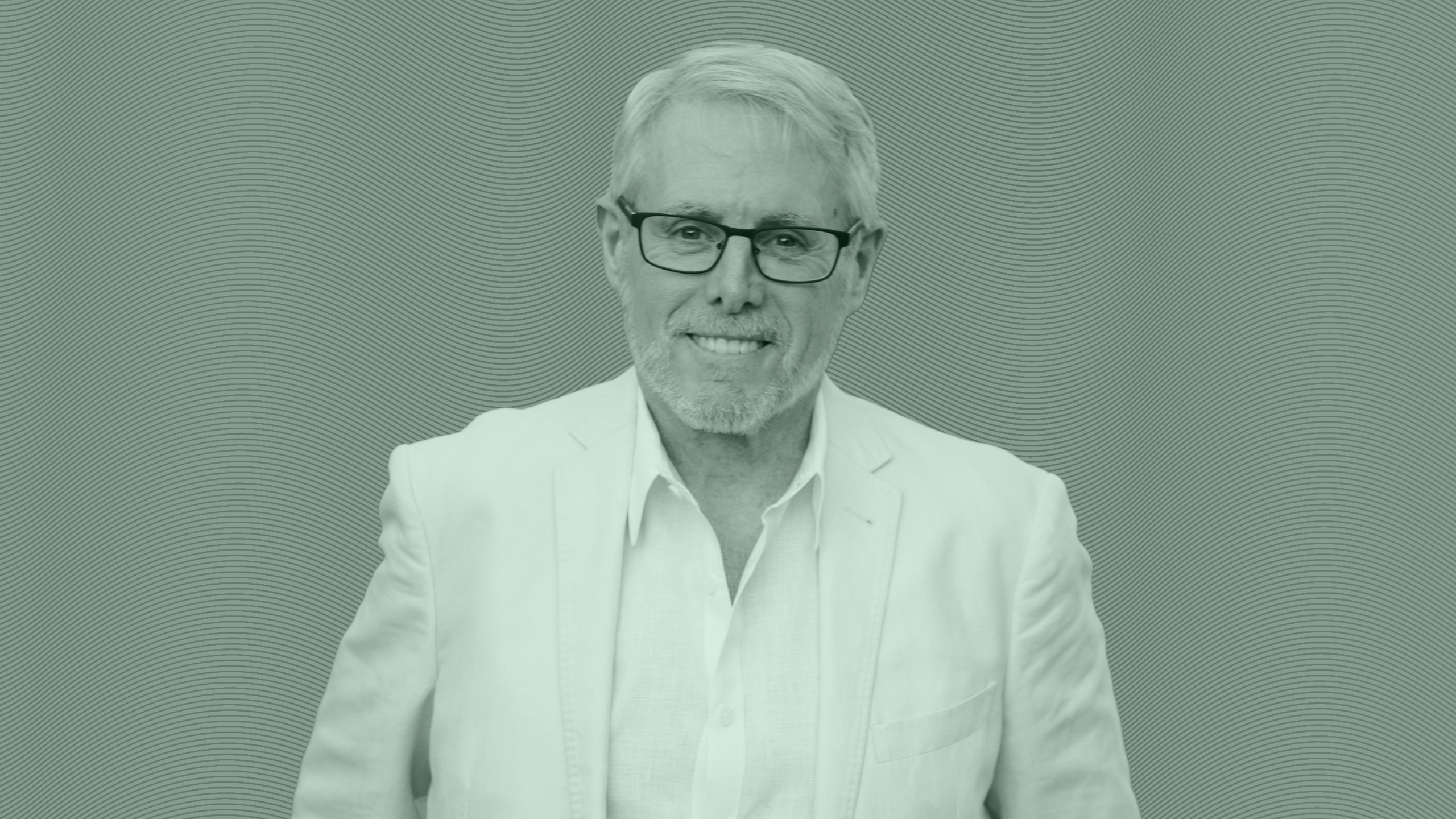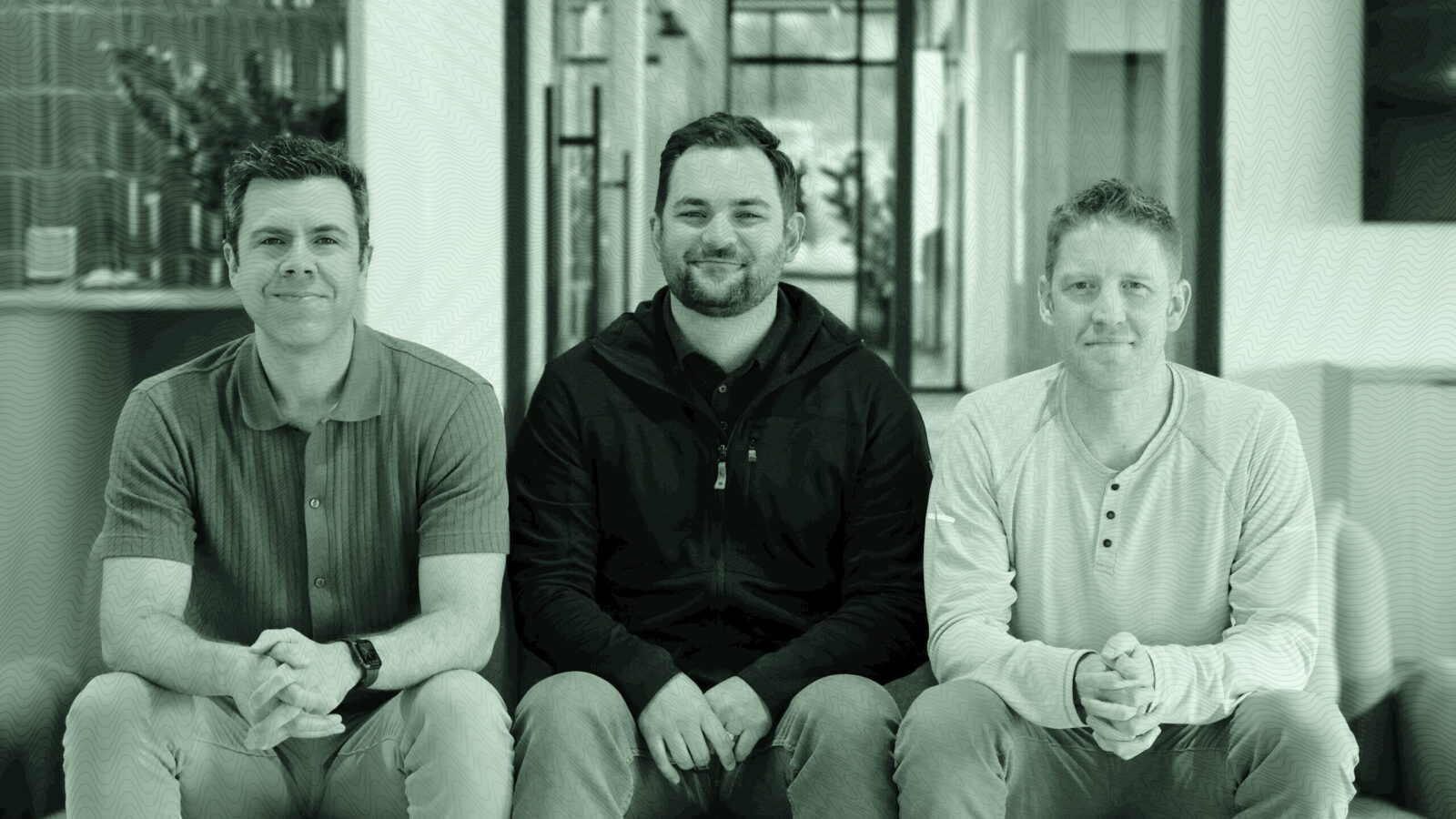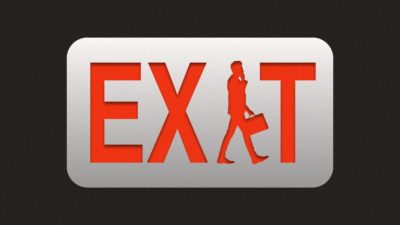Former PayPal CEO Bill Harris on Why He’s Launching an RIA
Harris discussed his new advisory firm, which will combine human advisors with an AI engine.

Sign up for market insights, wealth management practice essentials and industry updates.
Bill Harris, who formerly held roles as CEO of PayPal and Intuit, has spent much of his career navigating the US tax code. Now, he’s launching a new advisory firm to help advisors do the same.
The serial entrepreneur, who also founded the hybrid robo-advisor Personal Capital, which was sold to Empower in 2020, has a new venture in wealth management. He unveiled Evergreen Wealth this week, a 50-person RIA that will pair traditional fiduciary advice with an AI engine to tailor portfolios. “I’m old enough to have seen this industry go through decades of change,” Harris told Advisor Upside.
His new firm will employ multiple tax strategies, including direct indexing, while using a proprietary AI advice engine that taps investment, tax and financial databases, according to a release. Clients will have a minimum of $250,000 in investable assets, and target clients will have a net worth of $1 million to $10 million, a spokesperson said. While each client is also assigned an advisor, available via email, chat, phone or video conference, the company’s automated portfolios contain hundreds of individual securities that can be personalized and tax-optimized using AI. “You could always do that manually, but who in the world can manually handle that kind of complexity across hundreds of securities for each of their clients? You can’t,” he said.
Harris sat down with Advisor Upside to talk about his new venture, advisor tech and taxes.
Advisor Upside: AI is playing an increasingly important role in the wealth management landscape. What is Evergreen’s philosophy when it comes to AI?
Bill Harris: There is obviously a tremendous power in AI, and my gosh, let’s use it. Let’s use its power to make people’s long term financial health better, because that’s one of the biggest problems we face in this country.
The problem is that it’s not something that you’re going to go out to the internet and get ChatGPT to do for you. It’s not built for that. It doesn’t have the resources to really focus on financial questions. In order to make it valuable for you, AI needs to know about you, your portfolio, your family structure and your financial needs. You’re not going to put that kind of information out on the internet to train some model. So, we do all that. We put it inside our private data vault. Even so, it’s not quite adequate for everything — particularly consequential, strategic, financial decisions that your family will make. So [we use] it in tandem. It’s man and machine, the AI advice engine with our human advisors.
Where does AI come into the picture?
We use AI extensively, but we use that in the financial advisory space. The actual management of the portfolio is highly automated, but mostly algorithmic. We are managing the investments on a discretionary basis, and we are making the decisions and making the trades. We’re not making recommendations. But that’s what you want, because we’re doing all this decision-making every day. There’s no way that a client could or would want to get involved in that.
You’ve obviously been a central figure in finance and wealth management. What lessons or values are you bringing from your previous roles to this new venture?
I hope this represents the culmination of my career. Going back to the 90s, I spent 10 years running TurboTax, so there’s a deep knowledge of the tax structure and how you can attack that with software. And then with Quicken, we were pulling together someone’s entire financial picture, which is what we’re doing today. I built three different cybersecurity companies. When you’re dealing with people’s money and their financial information, it’s got to be locked up. That’s very serious stuff.
The one that is most directly analogous is Personal Capital. We worked for clients who were roughly similar to the kind of clients that we’re looking for now: people who have serious assets and serious obligations that they need to assess with those assets … Things have gotten so much better, so much faster, so much more powerful in our ability to use technology to address the individuality of each person’s needs. That is why there is a reason to go back and do it again.
Evergreen Wealth is going to prioritize direct indexing, as opposed to the ETF or mutual fund route. What prompted the focus on customization?
If you’ve got the S&P 500, there’s an ETF [tracking it], and there’s nothing you can do. That’s what you own. But this is how you sculpt an investment program around each individual — by deconstructing the ETF. The second thing is, wow, you can save a lot of money in taxes. Part of that is through tax loss harvesting … But rather than doing it in Excel spreadsheets, in an awkward way, once at the end of the year, we’re doing it every single day with automation and iterative intelligence. We’re making sure that we’re looking at every single tax lot, in every single security, for every single client, every single day. At the end of the day, for each client, we’re making over 100,000 buy-sell decisions. This is the kind of thing that could never be done before without the kind of automation that we now have available to us. Why does that matter? Because when you do it that way, you can double, triple, quadruple the losses that you can harvest and therefore offset.
What do you see as the primary benefits of a more intense level of personalization? What clients stand to benefit the most from this structure?
With ESG, or impact investing, there are many people who prefer to put their money behind companies that are doing what they see as valuable things. There are other people who have a particular concern for different types of investments. It starts with risk appetite. What’s your asset allocation? And then within stocks, what data are you looking for? How much risk within the equity market do you want to take?
Then it turns to being about specific types of securities. With the Magnificent 7, seven companies represent one-third of the largest, most valuable 500 stocks in the country. There are a couple of ways you can think about that. You can think, ‘Whoa, they’ve been on a tear and I want to hop on board, and we’re going to the moon.’ Or you can say, ‘Wow, that’s seven companies … That’s potentially pretty risky.’ We do not pick stocks, we do not time the market. We don’t think anyone can … What we do care about is diversification, and if you have a third of your equity allocation in seven stocks with very similar characteristics, that’s a big, concentrated position, and you are not well diversified. So somebody who says, ‘I don’t want to have that kind of risk,’ we wouldn’t get out of those stocks, but we would take them back as a percentage. The list goes on.











